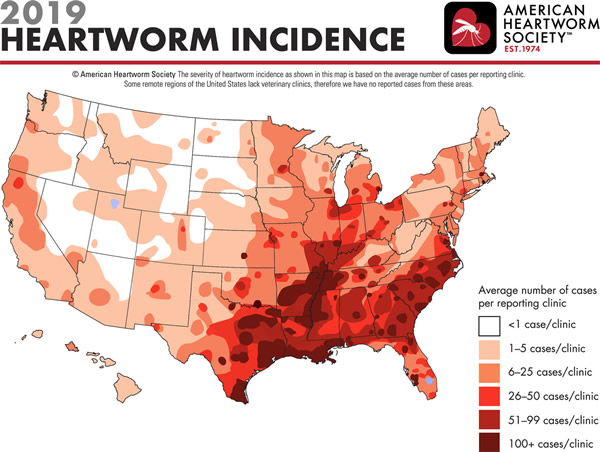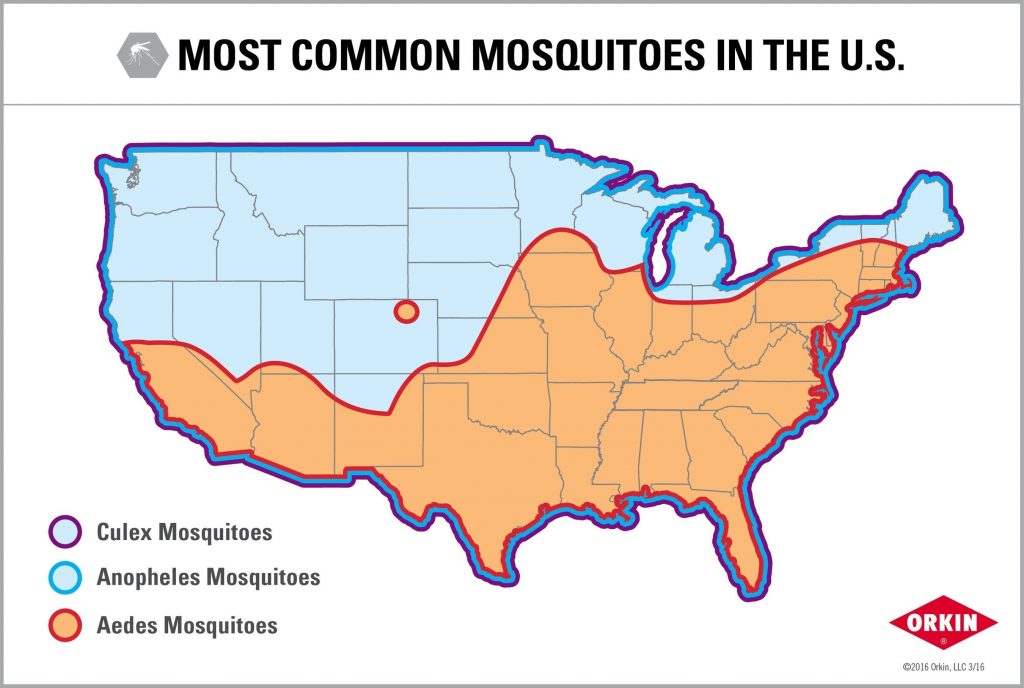News, ideas & inspiration from industry leaders

Tip of the Week: United States of Heartworm
Welcome to the week—we’re here with your Monday inspo, courtesy of The ASPCA’s Senior Director of Shelter Medicine, Brian DiGangi, DVM.
“Heartworm disease is something that everybody has to be aware of,” shared Dr. Brian DiGangi in his recent webinar, Heartworm Helpdesk: Maximizing Impact Through Strategic Decision-Making.
To stay on top of any challenges the mosquito-borne disease may present in your shelter or community, DiGangi recommends familiarizing yourself with The American Heartworm Society’s Heartworm Incidence Map. This important tool is updated every three years with data on heartworm testing gathered from thousands of veterinary practices and shelters. You’ll also want to familiarize yourself with the most common mosquitoes in your area.

The three species mapped here are also the top three most common mosquitoes that transmit heartworm.
Heartworm disease has been documented in all 50 states. “Even if you are not seeing it in your community,” states DiGangi, “the potential is still there.”
For a detailed discussion on treating heartworm-positive dogs, register and listen to the recording of DiGangi’s webinar.
More Tips
Tip of the Week: 2-4-6-8, What Do You Appreciate?
Tip of the Week: TLC, GP-Style
Tip of the Week: Go Big & Go Home
Photo: Kat Albrecht-Thiessen



The incidence rates reported by the AVMA and AHS reflect CLINIC data which I feel is NOT representative of the true rate. Clinics cannot count animals they never see. Last year, my Shelter here in Alabama did 575 heartworm tests on dogs with 97 positives for a 17% positivity rate. So far this year it is 16% positives. Shelters that test for heartworms are likely able to give a far better representation of the ‘community’ heartworm positive rate since we are seeing dogs that, in most cases, have never gone to a Vet or whose owners never do heartworm prevention.